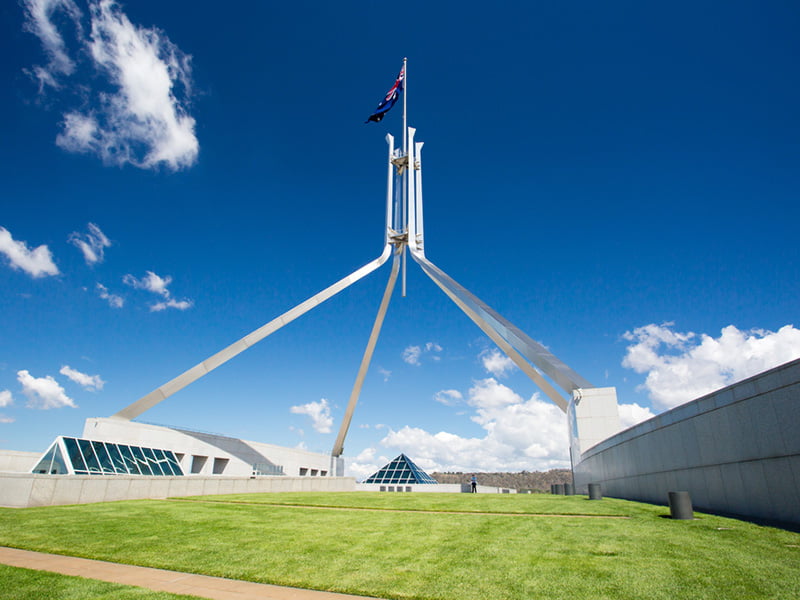The machinery of government changes announced by Scott Morrison on Friday does nothing to boost the profile of innovation policy within his government and more likely will have the opposite effect.
Which is obviously unfortunate and confirms the suspicions of those working within the Australian innovation system that as Prime Minister, Scott Morrison oversees an incrementalist agenda rather than driving innovation policy publicly and from the highest office.
‘Innovation’ was already a bit an orphan. Until last week, the department was called Industry, Innovation and Science, but it did not have a dedicated minister for innovation (Karen Andrews is the Minister for Industry, Science and Technology.)

If you believe that words have meaning, which obviously they do, then deep-sixing the word innovation (can it really be so politically dangerous? Still?) from the department is hardly an expression of love. It’s a signal, but not a good one.
The new super-department of Industry, Science, Energy and Resources will have three different ministers, Karen Andrews, Angus Taylor and Matt Canavan. This two-way street means that the ministers will compete for the departmental attention and resources, while the department’s leadership are forced to serve three different masters.
It does not matter how collegiate the relations between these very different ministers might be (and there is literally nothing to suggest this is the case) the reality is that they will compete.
While it is certainly interesting and welcome that the new department has taken over responsibility for small business, amalgamating Industry, Innovation and Science with Energy and Resources is going to suck the oxygen away from industry development end of its responsibilities.
Of course, you can come up with arguments either way on a consolidation like this. But here’s what I think. For a start, energy policy has been a political shit-show for a decade and the resources sector is so powerful it creates its own gravitational pull, distorting any policy development on anything it gets near.
Does anyone think that a nuanced policy program aimed at building new industries with data and information processing at their core will be better off now that Industry policymakers are sitting inside a department next to Resources and Energy policymakers? Really that sounds crazy when said out loud.
Am I the only person who sees this as Australia reverting to type? Just as we are starting to see teeny-tiny green shoots of economic diversification – that is, a teeny shift from the overwhelming economic reliance on the resources sector – that we subvert our industry development policy-making arm by feeding it to resources and energy.
I mean, we had this weird little period after December 2015 when the National Innovation and Science Agenda was launched when ‘innovation’ and new industries was at the centre of an economic agenda.
Resources dominated the economy in 2015, of course, but there was this focused effort to build new wealth creating industries as a central economic priority. And then after the 2016 election, things went quiet on innovation, even if the National Innovation and Science Agenda was still chugging away in the background. People could still say the word innovation, to the extent that it remained as part of the Department of Industry, Innovation and Science.
And now here we are at the tail-end of 2019, the funding for the bulk of the National Innovation and Science Agenda comes to an end this financial year, “innovation” has been stripped from the name of the department doing industry policy, which has also had to make way for Resources and Energy.
That complete circle took just four years. Talk about short-termism!
We know that we have one of the most efficient and most innovative mining sectors in the world, and that’s not just a FIGJAM assessment from the industry.
And we know that government has targeted mining and resources as one of the areas where Australia has a competitive advantage – and should therefore be the focus of our innovators.
But that doesn’t mean we should de-emphasise our nascent efforts to build new capabilities and participate in new industry.
The danger is, of course, that the powerful resources and energy portfolios will quite simply choke the life out of these new industry efforts.
The fact that it was the current secretary for Industry, Innovation and Science Heather Smith who got frog-marched and that it is David Fredericks coming from the Department of Environment and Energy who will lead the new merged entity can not be seen as a positive sign, no matter how much how much you want the glass to be half-full.
Do you know more? Contact James Riley via Email.

